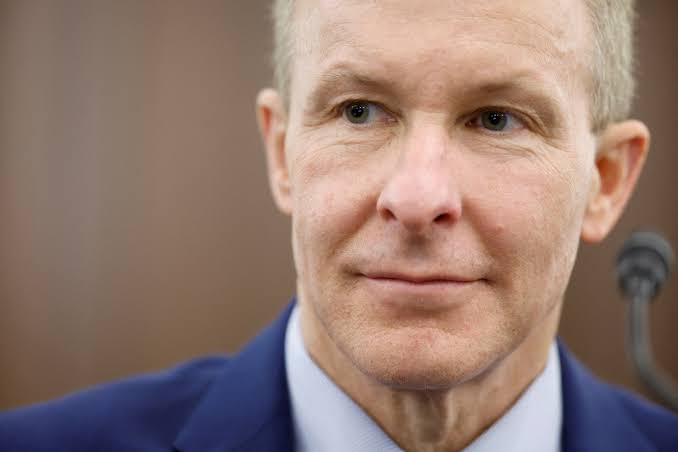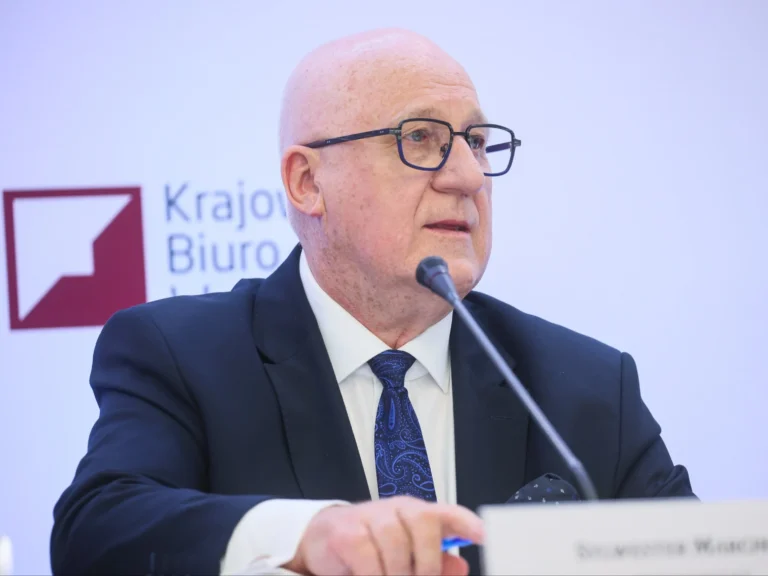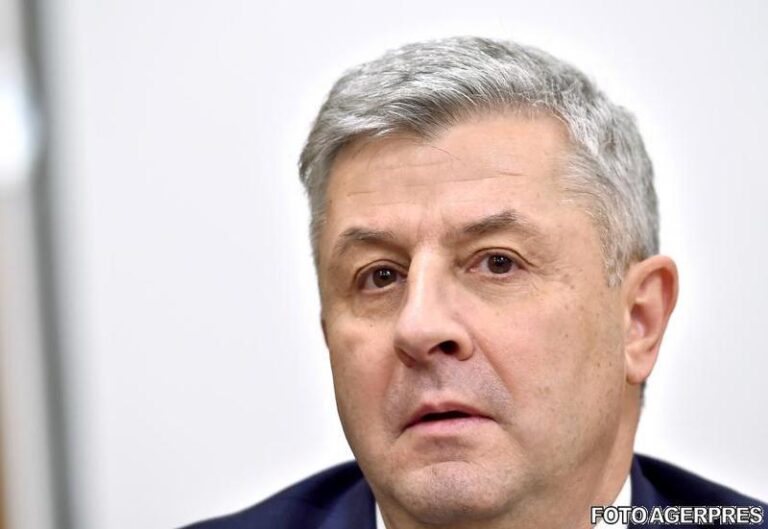United Airlines CEO Scott Kirby Resigns
**United Airlines CEO Scott Kirby Resigns: A New Era for the Airline Industry**
In a stunning development that has sent shockwaves through the aviation industry, Scott Kirby, the long-serving Chief Executive Officer of United Airlines, has announced his resignation. The decision, which was confirmed by the airline’s board of directors, marks the end of an era for one of the largest and most influential carriers in the world. Kirby, who has been at the helm of United Airlines since 2015, oversaw transformative changes during his tenure, navigating through turbulent skies amid a rapidly evolving industry landscape. As the airline enters a new chapter, the resignation raises questions about the future direction of United Airlines and the broader implications for the aviation sector.
### **A Legacy of Transformation**
Scott Kirby’s tenure at United Airlines was defined by bold moves, decisive leadership, and an unwavering commitment to reshaping the airline into a more competitive and innovative force. When he first took over the CEO role in 2015, United Airlines was facing significant challenges. The airline had been criticized for its lagging customer service, operational inefficiencies, and a lack of profitability compared to its competitors. Many analysts and industry experts had doubts about whether the airline could ever recover from its reputation.
However, Kirby quickly set out to turn things around, prioritizing fleet modernization, customer experience, and technological innovation. One of his first major moves was the significant overhaul of United’s flight network. By focusing on high-demand routes, reducing underperforming flights, and introducing more convenient schedules, Kirby improved United’s operational efficiency and better aligned its offerings with customer expectations.
Kirby also prioritized fleet modernization, overseeing the acquisition of hundreds of new aircraft and the phasing out of older, less fuel-efficient models. This move not only improved the airline’s environmental footprint but also enhanced its competitiveness by offering a more comfortable and modern flying experience.
Under Kirby’s leadership, United Airlines also made significant strides in technology, investing heavily in digital tools to streamline both the booking process and in-flight experience. The airline’s mobile app, which had been outdated and clunky, was revamped to better serve customers. The implementation of more self-service kiosks, digital boarding passes, and real-time flight updates became standard, all while improving customer satisfaction scores.
Perhaps most notably, Kirby was instrumental in driving United’s ambitious sustainability goals. The airline committed to reaching net-zero carbon emissions by 2050, a challenge that would require extensive changes to its fleet, operations, and fuel procurement. This forward-thinking approach positioned United as a leader in the airline industry’s push toward environmental responsibility, a trend that continues to gain momentum as passengers and governments demand greater action on climate change.
### **The Pandemic and a Test of Leadership**
While Kirby’s leadership was marked by significant transformation, his tenure was not without its challenges. The most notable of these was the global COVID-19 pandemic, which devastated the aviation industry in 2020. United, like all major airlines, faced enormous financial pressures as travel demand plummeted to unprecedented lows. Kirby and his team made difficult decisions to keep the company afloat, including massive cost-cutting measures, workforce reductions, and the suspension of flights to numerous destinations.
However, United’s recovery under Kirby’s leadership was faster and more robust than many had anticipated. Kirby’s decision to adapt quickly and embrace new health and safety protocols allowed the airline to gradually regain passengers’ trust as travel resumed. United’s commitment to health safety was a key selling point, with the company introducing state-of-the-art air filtration systems, touchless check-in options, and rigorous cleaning procedures. These steps, along with a relentless focus on maintaining operational flexibility, enabled United to outperform many competitors in the aftermath of the pandemic.
Despite the difficulties, Kirby’s management of the crisis solidified his reputation as a capable and pragmatic leader who was not afraid to make tough decisions for the long-term health of the company. In the years following the pandemic’s peak, United was able to return to profitability and grow its market share, positioning itself as one of the strongest players in the post-pandemic recovery phase.
### **The Resignation Announcement**
The resignation of Scott Kirby has come as a surprise to many. While Kirby had long been seen as a steady hand in United’s management, the airline’s future direction may now be in question. While official details surrounding his resignation remain limited, sources suggest that Kirby’s decision was driven by a desire to pursue new personal and professional goals. Rumors have also suggested that Kirby’s departure is tied to internal disagreements with the airline’s board of directors regarding the company’s strategic direction. The airline has yet to provide any official explanation for his resignation, but the news has raised eyebrows in both the business and aviation communities.
United Airlines has announced that it will begin the search for a new CEO, with company insiders speculating that the transition could take several months. In the interim, United’s Chief Operating Officer, Brett Hart, is expected to step in as acting CEO, bringing a wealth of experience in airline operations and corporate leadership. Hart, who has worked at United Airlines for over two decades, is well-respected within the company and is seen as a stabilizing figure who could help United maintain its course during this period of transition.
### **The Impact on United Airlines and the Industry**
Kirby’s resignation comes at a time of significant change within the aviation industry. Airlines are grappling with rising fuel prices, shifting customer expectations, and increasing competition from low-cost carriers and emerging international players. Additionally, the focus on sustainability is becoming more pressing, with regulators around the world introducing stricter environmental standards. The new CEO at United will have to navigate these challenges while building on the foundation laid by Kirby.
One of the most pressing issues for United’s next CEO will be managing the airline’s sustainability goals. The industry is under increasing scrutiny regarding its environmental impact, and United’s commitment to reaching net-zero emissions by 2050 will require significant investment in new technologies, such as electric planes and sustainable aviation fuels. The next CEO will need to continue to push forward on these efforts while ensuring that the airline remains competitive in an increasingly challenging market.
Customer service and operational excellence will also remain central to United’s future success. Kirby was instrumental in improving both of these areas, and any new CEO will need to ensure that the airline continues to provide a high level of service while also finding new ways to improve efficiency and reduce costs.
Finally, there’s the question of how United will approach its workforce. Like many airlines, United has struggled with labor relations in the past, and the airline’s employees are critical to the company’s success. Maintaining positive relationships with the airline’s unions and employees will be a key priority for United’s next leader, especially as the airline continues to rebuild its workforce post-pandemic.
### **Looking Forward**
Scott Kirby’s resignation marks the end of a significant chapter for United Airlines. While his leadership was often marked by bold, transformative decisions, the company is now faced with the challenge of navigating the future without his steady hand at the helm. The road ahead will not be easy, but with a strong leadership team in place and a foundation built on solid operational and strategic pillars, United Airlines remains one of the world’s most powerful and influential airline brands.
As the search for a new CEO begins, all eyes will be on United’s next move. Will the airline continue its commitment to transformation, sustainability, and customer service, or will the new CEO bring a radically different approach? Whatever the outcome, it’s clear that United Airlines is entering a new era—one that will be shaped by both the lessons of the past and the opportunities of the future.






